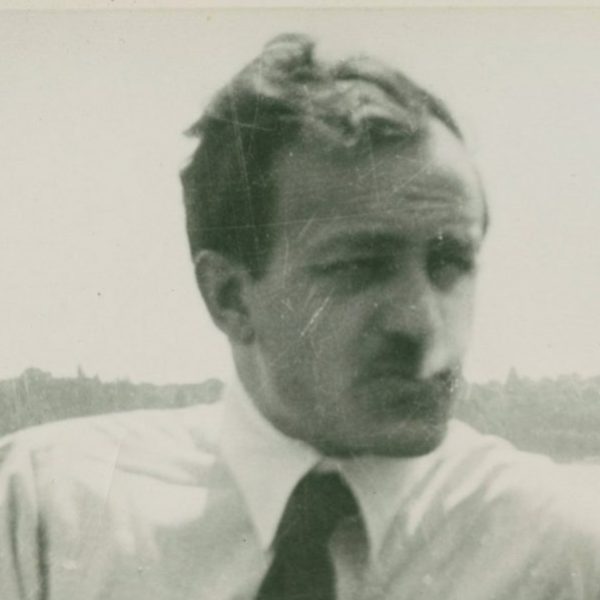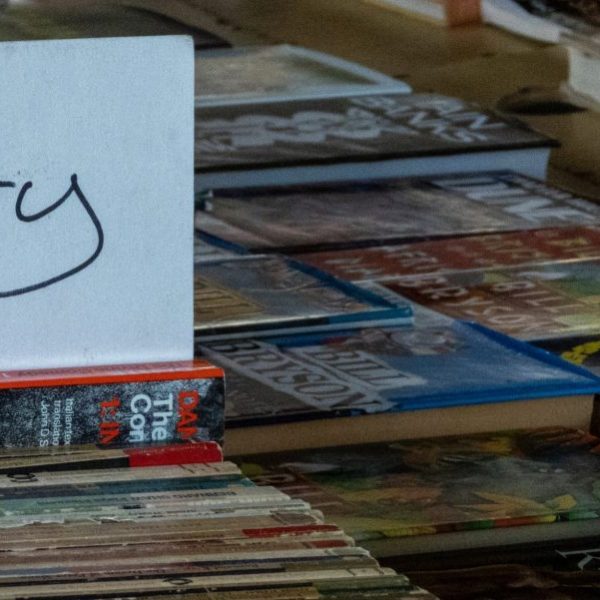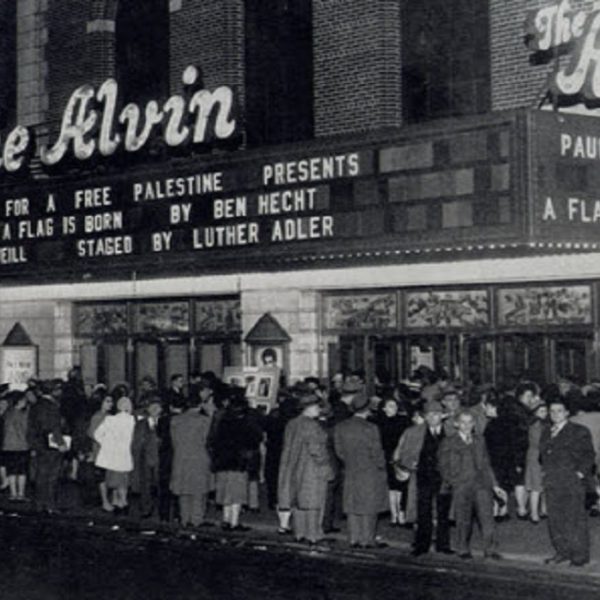In Memoriam: Taha Muhammad Ali
On October 2, 2011, the world bid farewell to Palestinian poet, Taha Muhammad Ali, whose powerful works resonated with the tone of loss in the twentieth century. Born in 1931 in the Galilee village of Saffuriyya, itself lost in the 1948 Arab-Israeli War, Muhammad Ali was an unlikely picture of a poet. In his own words he was, “a peasant, the son of a peasant!” His formal education ended in fourth grade and, after he was forced to flee his village during the war, he relocated to Nazareth, where he opened a souvenir shop that he ran for over fifty years. But like all great writers, he possessed an insatiable appetite for more learning. The rest of his education was self-taught, and as Jeffrey Brown wrote on PBS’s Newshour blog in October: “[he was] a voracious reader who quote[d] Steinbeck and Shakespeare as well as classical Arabic poetry.” Two volumes of Muhammad Ali’s poetry have been translated into English: In 2000, poet and translator (and now MacArthur fellow and Yale University Press author), Peter Cole, working together with cotranslators Yahya Hijazi and Gabriel Levin, published Never Mind: Twenty Poems and a Story with Ibis Editions in Jerusalem, and in 2006, Copper Canyon Press brought out an expanded, bilingual volume titled So What: New and Selected Poems, 1971-2005, which has been widely acclaimed.
 If the feelings of loss have an antithesis, it is perhaps not merely the idea of “gain”, but that of friendship, of love. Muhammad Ali’s relationship with Cole and his wife, the essayist and biographer Adina Hoffman enriched the lives of all three, and over the course of several years of traveling together, as Muhammad Ali and Cole gave readings throughout the US and Europe, they became extremely close. Hoffman eventually set out to write a life and times of Muhammad Ali, which was published in 2009 by Yale University Press. My Happiness Bears No Relation to Happiness: A Poet’s Life in the Palestinian Century, the first biography ever published—in any language—of a Palestinian writer, was widely praised, with Boyd Tonkin describing it in The Independent as “A remarkable book … A triumph of personal empathy and historical insight, and a beacon for anyone who knows that ‘more joins than separates us.’” The book was named one of the best biographies of the year by Booklist and one of the top twenty books of 2009 by the Barnes & Noble Review.
If the feelings of loss have an antithesis, it is perhaps not merely the idea of “gain”, but that of friendship, of love. Muhammad Ali’s relationship with Cole and his wife, the essayist and biographer Adina Hoffman enriched the lives of all three, and over the course of several years of traveling together, as Muhammad Ali and Cole gave readings throughout the US and Europe, they became extremely close. Hoffman eventually set out to write a life and times of Muhammad Ali, which was published in 2009 by Yale University Press. My Happiness Bears No Relation to Happiness: A Poet’s Life in the Palestinian Century, the first biography ever published—in any language—of a Palestinian writer, was widely praised, with Boyd Tonkin describing it in The Independent as “A remarkable book … A triumph of personal empathy and historical insight, and a beacon for anyone who knows that ‘more joins than separates us.’” The book was named one of the best biographies of the year by Booklist and one of the top twenty books of 2009 by the Barnes & Noble Review.
Though it’s typical to think only in mournful terms of the fate of the Palestinians, Muhammad Ali—Taha—did not write only of loss, of course, but brought to all he wrote and did “an unlikely exuberance.” As Hoffman puts it:
Taha’s words are too keen, too spiked with wit and vigor ever to slide into the languorous zone of mere melancholy. And when Taha read a poem in his granular baritone, his feet planted widely, as though he were planning a sudden standing broad jump, the force of his personality was what came through: his relish at simply being. Taha had turned his own gusto into a kind of protest and so had in a sense reinvented for himself the very notion of resistance poetry.
WHYY’s Radio Times recently re-aired an interview with Hoffman and Cole, originally conducted in 2009, during which Hoffman affectionately remarked that Muhammad Ali had “one of the great poet‘s faces” and described it playfully as, “almost ghoulish.” Cole read the poem from which the title My Happiness Bears No Relation to Happiness takes its name, alongside recordings of Muhammad Ali in Arabic; Hoffman reflected on his humor, idiosyncrasies, and stories—how they work themselves into his poetry. In celebrating his life, we remember the humility of a man who would never claim to be speaking for anyone but himself, yet so poignant are his words, that the familiarity of his “difficult simplicity” shows that he is anything but lost to us:
And so
it has taken me
all of sixty years
to understand
that water is the finest drink,
and bread the most delicious food,
and that art is worthless
unless it plants
a measure of splendor in people’s hearts.
Excerpted from My Happiness Bears No Relation to Happiness, by Adina Hoffman. Copyright © 2009 by Adina Hoffman. “Twigs” by Taha Muhammad Ali, translated by Peter Cole, Yahya Hijazi, and Gabriel Levin. Copyright © 2007 the translators, from So What: New & Selected Poems (reproduced by permission of Copper Canyon Press).

























